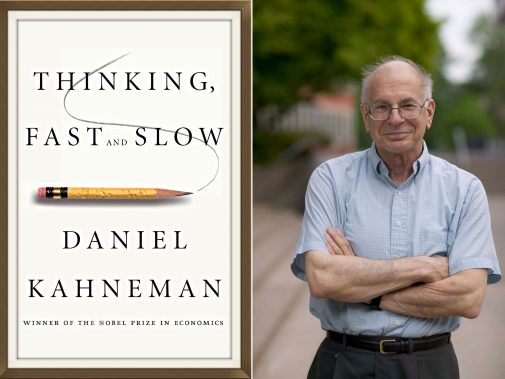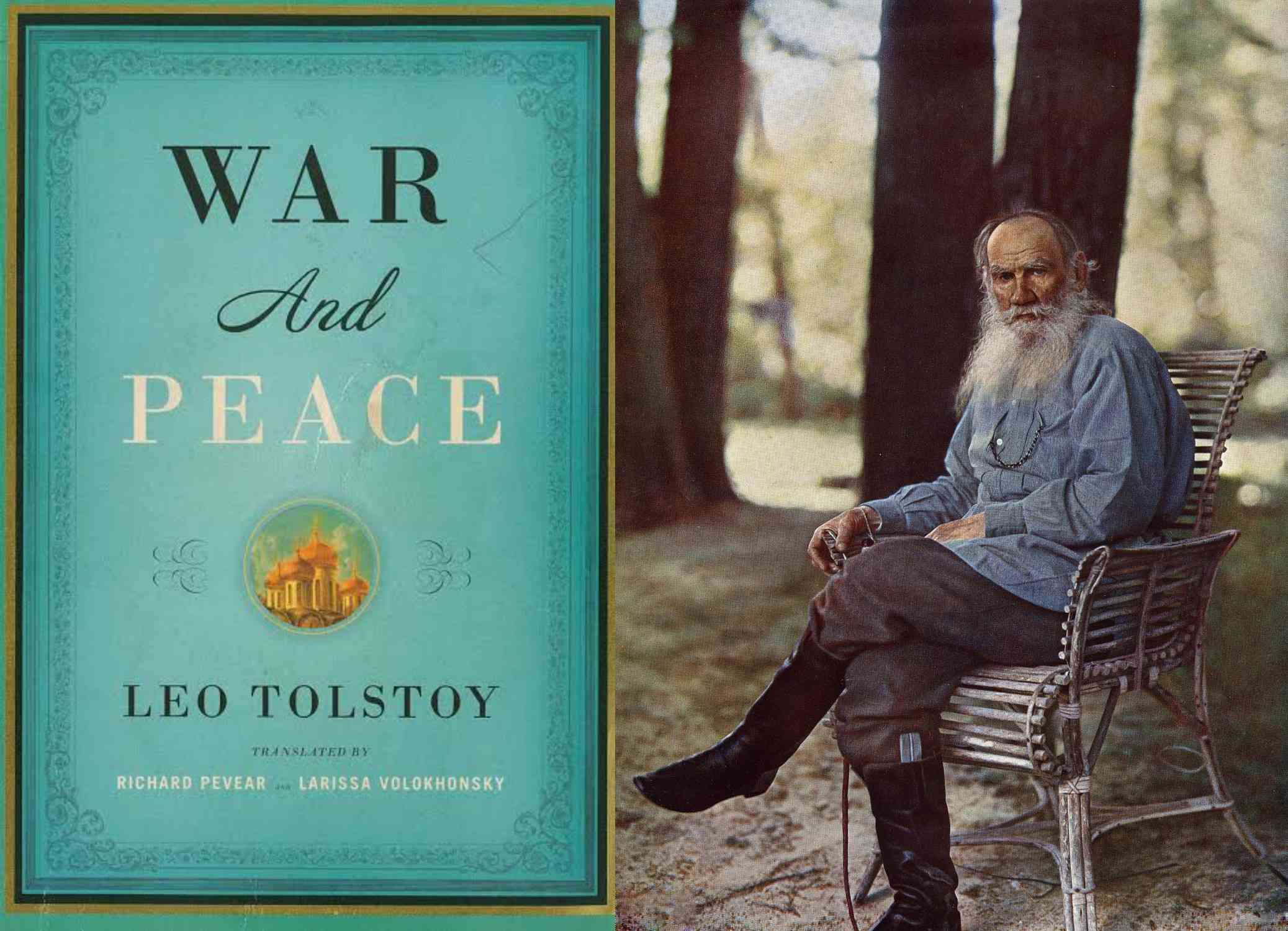8 Books to Help You Understand and Master Human Behavior.
Gaining an understanding of human behavior is a lifetime endeavor that enhances many aspects of life, from successful relationships to career advancement. It is crucial to delve into the complexities of human motivations, regardless of your role—leader, educator, marketer, or just someone trying to become more self-aware. The good news? Numerous publications exist that explain the intricacies of human nature.
This post will discuss 8 Books to Help You Understand and Master Human Behavior . These books give distinct viewpoints based on philosophy, psychology, sociology, or neuroscience.
1. “Thinking, Fast and Slow” by Daniel Kahneman.

Why It’s Important
The two systems that govern our thought processes—System 1 (quick, instinctive) and System 2 (slow, intentional)—are examined by psychologist Daniel Kahneman, a Nobel Prize winner. These systems have a subtle but significant influence on our choices, assessments, and behaviors.
Important Takeaways:
- Reasonable thought is distorted by cognitive biases.
- Our instinctive reactions drive a large portion of our behavior.
- Making decisions is improved by being aware of these systems.
Who It’s For:
Anyone curious about decision-making, behavioral economics, or the unconscious processes underlying common decisions.
2. Atomic Habits “James Clear”
Why It’s Important
This best-selling book illustrates how minor behavioral adjustments may have big effects when made regularly. James Clear illustrates how habits influence human behavior using a mix of psychology, neurology, and true anecdotes.
Important Takeaways:
- Identity is more important for behavior change than willpower.
- Most behaviors are driven by the cue-craving-response-reward cycle.
- The design of the environment is crucial for success.
Who It’s For:
People looking to effectively change the behavior of others, establish healthy routines, or break negative habits.
3. “Influence: The Psychology of Persuasion” by Dr. Robert Cialdini.
Why It’s Important
In order to explain why individuals answer “yes,” Dr. Cialdini posits six universal principles of influence: reciprocity, scarcity, authority, consistency, liking, and social evidence.
Important Takeaways:
- Human conduct is frequently predictable and automatic.
- Knowing how to persuade others is beneficial in everyday encounters as well as marketing.
- One of the most effective leadership tools is ethical influence.
Who It’s For:
Leaders, salespeople, marketers, and everyone else looking to strengthen their argument or avoid deception.
4. “The Power of Now” by Eckhart Tolle
Why It’s Essential:
Though often categorized as a spiritual book, The Power of Now offers profound insights into mindfulness and the ego, both central components of human behaviour.
Key Takeaways:
- Much human suffering comes from over-identification with the mind.
- Present-moment awareness is transformative for mental health and relationships.
- Ego-driven behaviour leads to conflict and dysfunction.
Who It’s For:
People exploring the connection between consciousness and behavior, emotional regulation, or personal growth.
5. “The Social Animal” by Elliot Aronson.
Why It’s Important
This book, a classic in social psychology, examines how individuals feel, think, and act in social situations. It makes academic subjects understandable by combining elements of a textbook with narrative storytelling.
Important Takeaways:
- People are social beings by nature, and group dynamics have an impact on them.
- Prejudice, obedience, and conformity are deeply ingrained habits.
- Leadership and empathy may be improved by having a better understanding of social impact.
Who It’s For:
Teachers, human resources specialists, and everyone else with an interest in group psychology and social behavior.
6. Daniel H. Pink’s book “Drive: The Surprising Truth About What Motivates Us”
Why It’s Important
Beyond conventional incentives and penalties, Pink analyzes what really drives humans. He presents the three factors that actually influence human behavior: autonomy, mastery, and purpose.
Important Takeaways:
- Over time, intrinsic motivation performs better than extrinsic rewards.
- Work with a purpose boosts satisfaction and engagement.
- Organizations need to go past using rewards and penalties.
- It is intended for managers, instructors, business owners, and everyone else with an interest in motivation theory.
7. Robert Sapolsky’s book “Behave: The Biology of Humans at Our Best and Worst”
Why It’s Important
Human behavior is examined from a scientific and evolutionary perspective in this ground-breaking work. Sapolsky explains why humans behave in certain ways by dissecting intricate neural mechanisms.
Important Takeaways:
- Neurochemistry, genetics, culture, and environment all influence behavior.
- Every action is based on several layers of causes.
- Having a basic understanding of biology aids in controlling judgment, anger, and empathy.
Who It’s For:
Readers seeking a thorough, empirically supported explanation of human behavior, psychology students, and science lovers.
8. Eric Berne’s “Games People Play”
Why It’s Important
The psychological theory of transactional analysis, which looks at social interactions, is introduced in this classic. Berne describes the “games” humans play in communication and relationships without realizing it.
Important Takeaways:
- In social interactions, people take on roles such as parent, adult, or child.
- Communication becomes healthier when these tendencies are recognized and broken.
- Understanding “games” enhances clarity and reveals hidden motivations.
Who It’s For:
Couples, therapists, human resources specialists, and everyone else looking to understand communication dynamics.
Concluding Remarks: Transforming Knowledge into Mastery
Reading these books gives you useful skills to connect, lead, influence, and develop in addition to academic knowledge. The lessons learned from these works may be life-changing, whether your goal is to inspire a group of people, develop healthier habits, or handle challenging relationships.
Understanding human behavior requires compassion and clarity, not control. Our ability to interact with the environment improves as we gain a deeper understanding of both ourselves and others.
Bonus Advice: How to Make the Most of These Books
Make notes by underlining important concepts and noting how they relate to your own life.- Reflection Exercise: Write in your journal to digest the knowledge you’ve gained.
- Talk with Others: Discussions help people understand things better and see things from other angles.
- Apply Every Day: Using information to influence behavior is the key to true progress.



